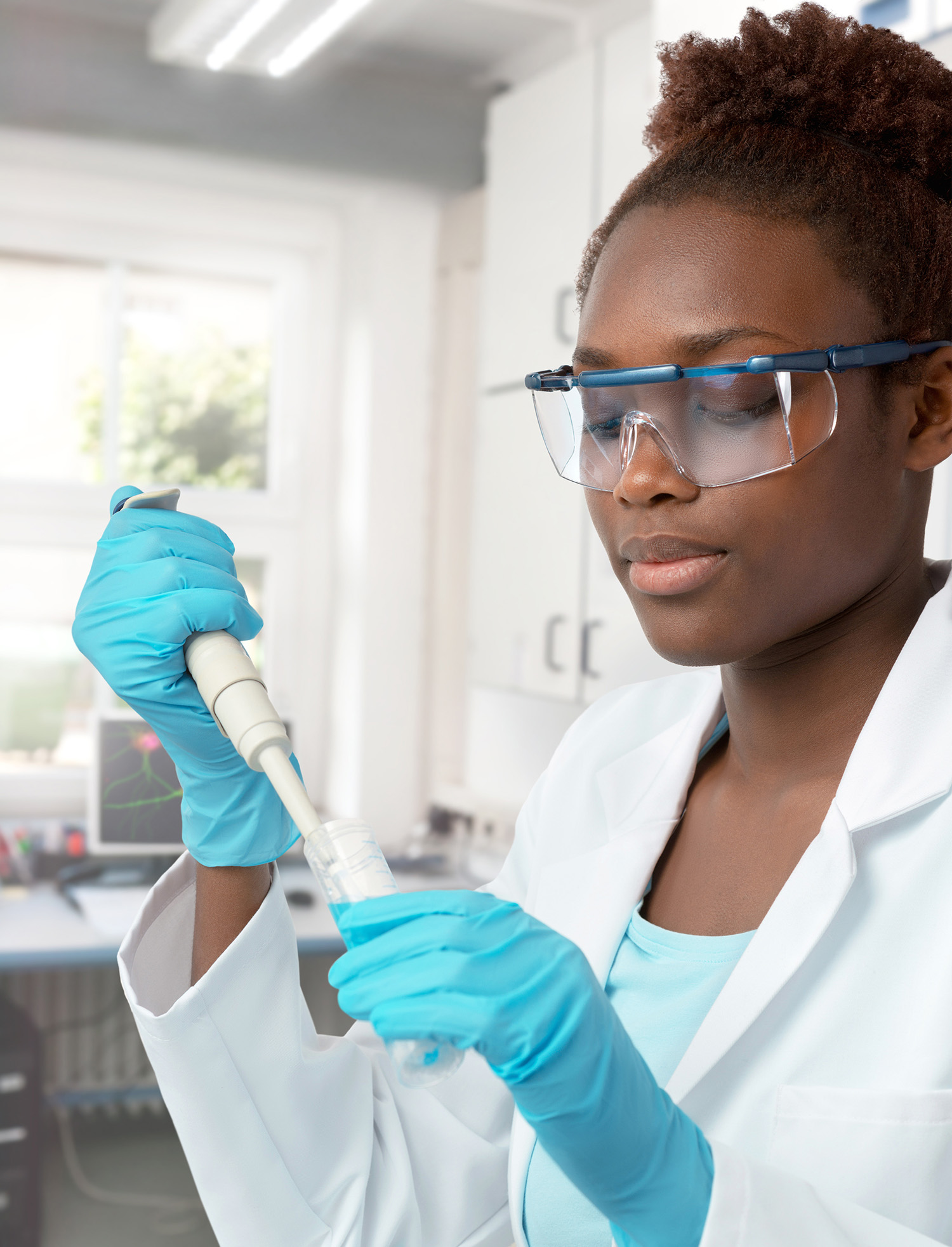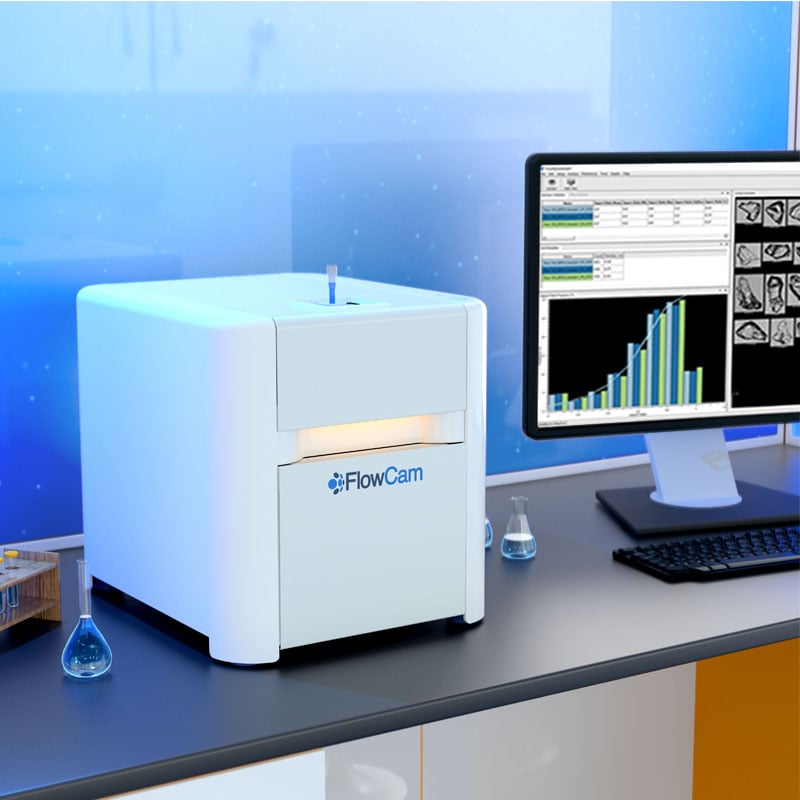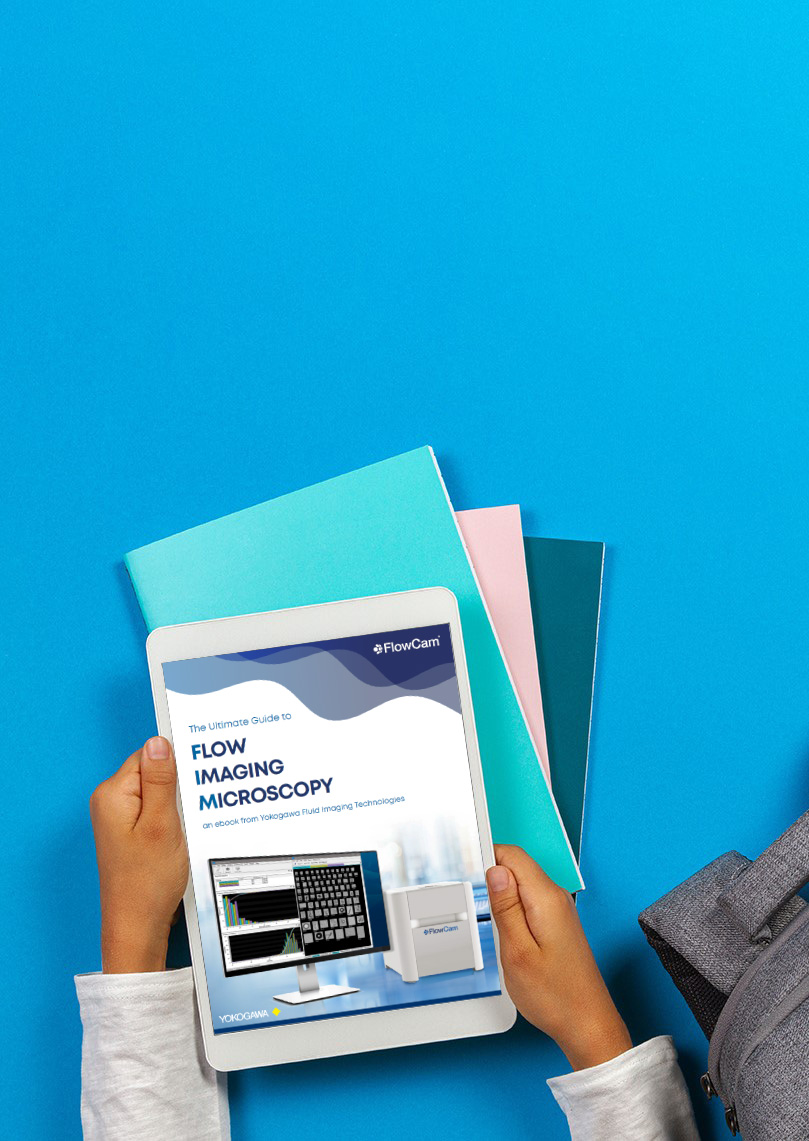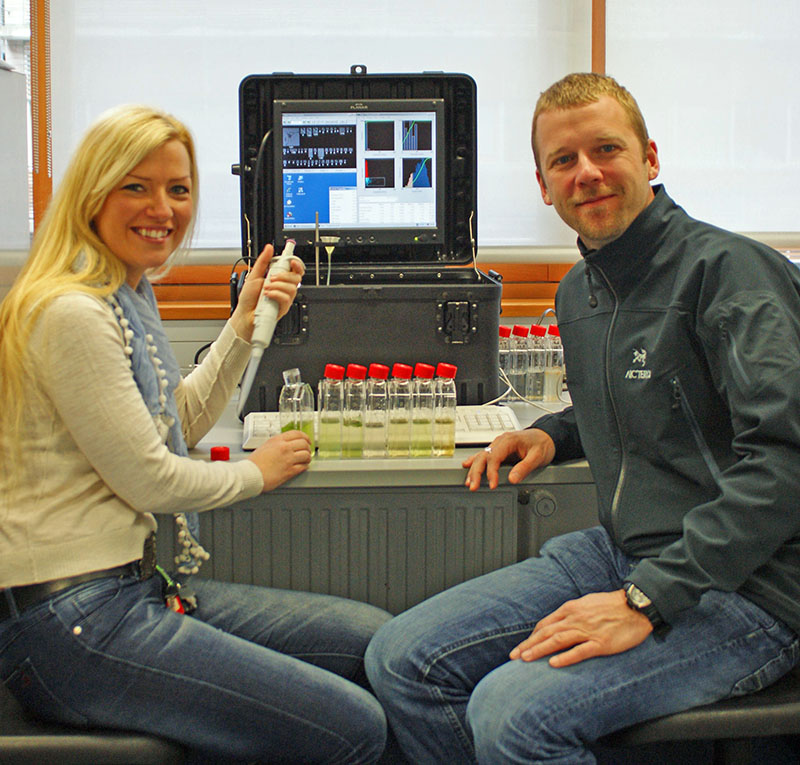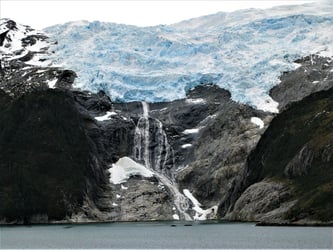Ludwig-Maximilians-Universitat Munich, Aquatic Ecology Group
Research Areas:
One important research focus at the Aquatic Ecology Group of the Ludwig-Maximilians-Universität Munich is to estimate experimentally factors affecting lipid production in microalgal communities, such as nutrient supply or algal diversity. We investigated the growth and lipid production of microalgae by growing algal communities in a large number of treatments differing in their diversity level. Additionally, we compared the growth and lipid production of laboratory communities, of natural lake and pond phytoplankton communities and of artificial diverse communities grown in wastewater along diversity gradients. For the commercial scale of algal biomass production for e.g. biofuels, rapid measurements are required to allow their integration into on-site quality controls. Therefore, we also developed in situ measurements of microalgal lipid content using the lipid soluble fluorescent vital dye Nile Red and FlowCam analyses.
A major problem is estimating the lipid content of single algal strains when growing in multispecies communities. To solve this problem we combined the image analyses of FlowCam with Nile Red staining techniques. This combination of the two techniques has the unique advantage to estimate the lipid content of each algal cell in diverse communities without requiring the (practically impossible) physical separation of algal cells (see also: Stockenreiter et al. “The effect of species diversity on lipid production by micro-algal communities” Journal of Applied Phycology, 2012 Volume 24, Number 1, p.45-54).
The Aquatic Ecology Group at the University of Munich also performs large field enclosure experiments in lakes located in southern Bavaria. The associated limnological field station (since 1970) in Seeon, Bavaria, offers state of the art facilities for limnological research and for teaching. Various student courses have been organized, and several diploma and PhD projects have been performed there. At our field station, we use the FlowCam for student education, monitoring programs and basic research including phyto- and zooplankton analyses in the laboratory and in the field.
FlowCAM Images:
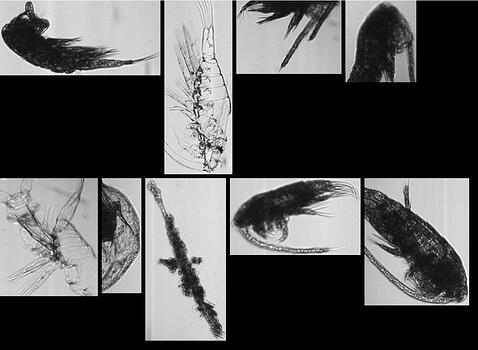
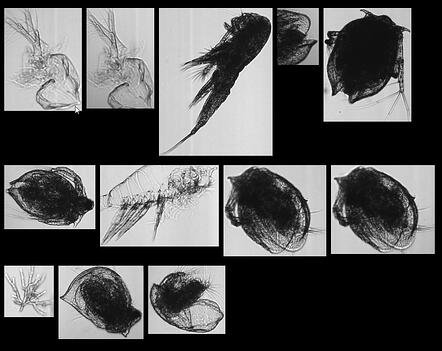
Links:
Ludwig-Maximilians-Universitat Munich, Aquatic Ecology Group


